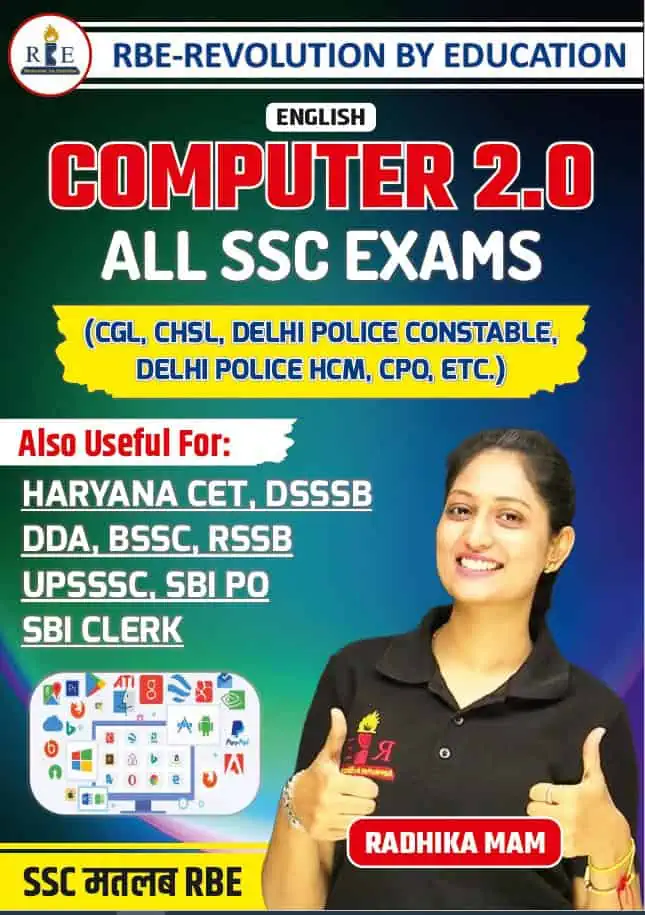Constitution of India Book by PM Bakshi PDF

Are you looking for an authoritative, comprehensive, and up-to-date source of information on the Constitution of India? Look no further than P.M. Bakshi’s Constitution of India book, now available for free download in PDF format. This book is written by one of the most renowned constitutional experts in India and provides a comprehensive overview of the Indian Constitution with detailed explanations of its various provisions.
P.M. Bakshi has provided an in-depth analysis of the Constitution of India, covering topics such as the Fundamental Rights, Directive Principles, and the Union and State Governments. Using his vast knowledge and understanding of the Indian Constitution, P.M. Bakshi has written an invaluable resource for all those who wish to understand the Constitution of India better. Download the Constitution of India book by P.M. Bakshi in PDF format and start familiarizing yourself with the Constitution of India today!
Constitution of India PM Bakshi PDF

This Book provides an in-depth analysis of India’s governance system and its implications for citizens. It also covers the legal and political frameworks that regulate the nation. You will get an overview of the basic structure of India’s constitution and the roles of the President, Prime Minister, Cabinet, and Parliament. Additionally, the book provides an exploration of the fundamental rights, directive principles, and state structure of the nation. With this book, you will get a comprehensive understanding of India’s constitution and its implications for the citizens.
Inside the Book:
PARTI – THE UNION AND ITS TERRITORY
- Name and territory of the Union
- Admission or establishment of new States
2-A. (Repealed) - Formation of new States and alteration of areas, boundaries or names of existing States
- Laws made under articles 2 and 3 to provide for the amendment of the First and the Fourth Schedules and supplemental, incidental and consequential manners
PART II – CITIZENSHIP
- Citizenship at the commencement of the Constitution
- Rights of citizenship of certain persons who have migrated to India from Pakistan
- Rights of citizenship of certain migrants to Pakistan
- Rights of citizenship of certain persons of Indian origin residing outside India
- Persons voluntarily acquiring citizenship of a foreign State not to be citizens
- Continuance of the Rights of Citizenship
- Parliament to regulate the Right of Citizenship of Law.
PART III – FUNDAMENTAL RIGHTS (Indian Constitution PM Bakshi)
- Definition
- Laws inconsistent with or in derogation of the fundamental rights
- Equality before law
- Prohibition of discrimination on grounds of religion, race, caste, sex or place of birth
- Equality of opportunity in matters of public employment Abolition of Untouchability
- Abolition of titles
- Right to Freedom
- Protection of certain rights regarding freedom of speech, etc.
- Protection in respect of conviction for offenses
- Protection of life and personal liberty
- Protection against arrest and detention in certain Cases
- Prohibition of traffic in human beings and forced Labour
- Prohibition of employment of children in factories, etc.
- Freedom of conscience and free profession, practice and propagation of religion
- Freedom to manage religious affairs
- Freedom as to payment of taxes for promotion of any particular religion
- Freedom as to attendance at religious instruction or religious worship in a certain educational institution
- Protection of interests of minorities
- Right of minorities to establish and administer educational institutions (Repealed)
The Constitution of India is the supreme law of India. It defines the contours of the nation and its citizenship, establishes its judicial system, and delimits the spheres of the state, federal and government, and the responsibilities of their different branches. The Constitution was adopted on 26 November 1949, and came into force on 26 January 1950, after it was passed by the Constituent Assembly.
The text of the Constitution can be found at the National Archives of India website. The Constitution was drafted by Dr B. R. Ambedkar who was appointed chairman of the drafting committee by the Provisional Parliament of India. After the first Constitutional Amendment, a Bill of Rights was introduced in the Parliament in 1954.
The functioning of the Indian Parliament has evolved in many ways since 1950. After a period of about 20 years when Indian legislatures were unicameral, the Parliament now has two chambers: a Lok Sabhah (Lower House) and Rajya Sabha (Upper House). The President of India is the ex-officio chairman of both chambers, while the Lok Sabha Speaker is appointed by the lower house, and the Rajya Sabha Speaker by the upper house. The Lok Sabha (House of the People) is the lower house and has 545 members, who serve for a term of 5 years.
Get ahead of the competition with a comprehensive understanding of Indian Polity. Don't let inadequate study materials hinder your success. Purchase the "Indian Polity by Laxmikanth" PDF today and pave your way towards acing any competitive exam!
- Edition: 6th (Old Edition)
- No of Pages: 1533 pages
- PDF Size: 6.10 MB
- Quality: Original
Other India Polity Books PDF:
Useful Books for Competitive Exams
Best Books for Competitive Exams [PDF]
Disclaimer: Pavithran.Net doesn’t aim to promote or condone piracy in any way. We do not own any of these books. We neither create nor scan this Book. The Images, Books & other Contents are copyrighted to their respective owners. We are providing PDFs of Books that are already available on the Internet, Websites, and Social Media like Facebook, Telegram, Whatsapp, etc. We highly encourage visitors to Buy the Original content from their Official Sites. If any way it violates the law or if anybody has Copyright issues/ having discrepancies over this post, Please Take our Contact Us page to get in touch with us. We will reply as soon as we receive your Mails.
We Need Your Support. Please Share the Link if it is helpful to your Cherished circle


![A to Z Maths Formula Book by Abhinay Sharma Sir [Bilingual]](https://www.pavithran.net/wp-content/uploads/2024/10/A-to-Z-Maths-Formula-Book-by-Abhinay-Sharma-Sir-Bilingual.webp)

![YCT RRB Group D Question Bank [4 Volumes] - Hindi Medium](https://www.pavithran.net/wp-content/uploads/2025/04/photo_2025-04-09_11-49-16-768x1024.webp)


![SK Jha sir Indian Geography - Aash Education [Hindi Medium]](https://www.pavithran.net/wp-content/uploads/2025/01/SK-Jha-sir-Indian-Geography-Aash-Education-Hindi-Medium-768x1067.webp)
![80 Topicwise 2010 - 2025 SSC Mathematics, English, Reasoning & General Awareness Combo (set of 4 Books) Solved Papers - Disha [2025 Edition]](https://www.pavithran.net/wp-content/uploads/2025/02/80-Topicwise-2010-2025-SSC-Mathematics-English-Reasoning-General-Awareness-Combo-set-of-4-Books-Solved-Papers-Disha-2025-Edition-803x1024.webp)